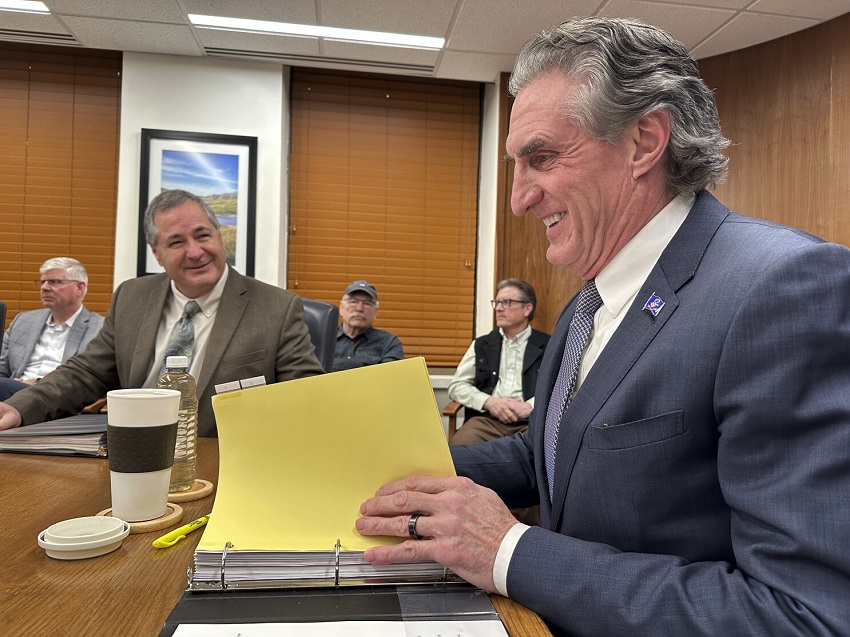Bismarck, ND – North Dakota regulators have granted approval for a critical component of a proposed carbon dioxide (CO2) pipeline system that aims to reduce greenhouse gas emissions in the Midwest. The state’s Public Service Commission (PSC) recently gave the green light to a plan for the underground storage of CO2, a key step in the development of the ambitious project.
The pipeline, designed to transport captured CO2 from industrial sites to deep underground storage facilities, has been a subject of extensive debate and scrutiny. Supporters argue that the pipeline is an essential part of efforts to combat climate change by capturing and storing CO2 emissions, preventing them from entering the atmosphere. The project is seen as a crucial tool in reducing carbon footprints, especially from heavy industries in states like North Dakota, Nebraska, and others in the region.
The PSC’s approval paves the way for the creation of an expansive underground storage network, which is essential for safely holding CO2 that has been captured at industrial sources such as ethanol plants and power stations. The storage will take place deep below the earth’s surface in porous rock formations, which have been deemed suitable for such use.
The decision is a significant win for the companies behind the Midwest pipeline, who argue that CO2 storage is a proven and safe method for addressing one of the most pressing environmental challenges of the 21st century. By securing approval from North Dakota regulators, the project is one step closer to becoming a reality, with construction set to begin in the coming months, pending further regulatory approvals in other states.
However, the approval has not been without controversy. Environmental and community groups have raised concerns about the potential risks associated with large-scale CO2 storage, including the possibility of leaks or unintended consequences for local ecosystems. Opponents also argue that the pipeline project diverts attention and resources away from other, more sustainable solutions for reducing emissions, such as renewable energy investments.
Despite these concerns, the project has garnered significant support from local industries, which see it as an opportunity to address environmental regulations while maintaining economic stability. The CO2 pipeline is expected to generate jobs during its construction phase and could provide long-term economic benefits, particularly in rural areas of North Dakota.
The approval comes at a time when the Biden administration has made climate change a central focus of its policy agenda, with initiatives aimed at reducing carbon emissions and advancing clean energy technologies. The Midwest CO2 pipeline is positioned to align with these national goals, but its success will largely depend on the continued support of regulatory bodies, industry stakeholders, and the public.
As the project moves forward, it will likely face additional scrutiny and challenges, particularly as it expands across multiple states. The ongoing debate surrounding carbon capture and storage technology will continue to shape the conversation about how best to balance environmental protection with economic development in the face of climate change.


